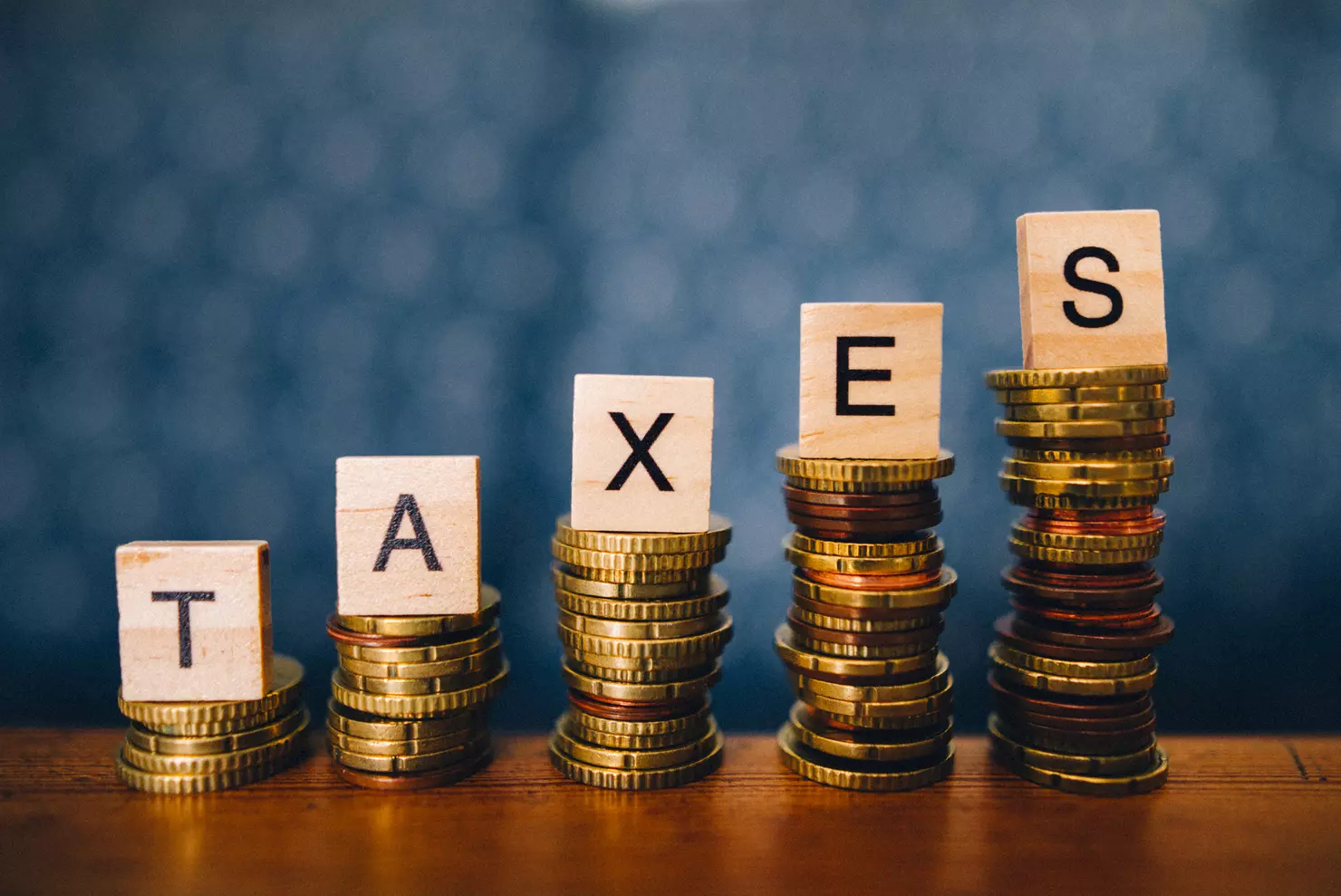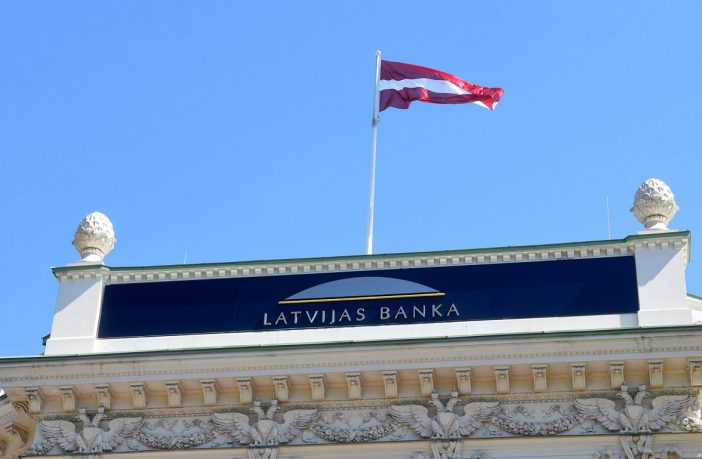In Latvia, the tax on bank profits will replenish local budgets
After lengthy discussions, the Bank of Latvia and the Ministry of Finance have concluded that regulating the income of financial institutions is necessary. To this end, they will introduce a tax on banks’ profits, which will apply irrespective of the presence of dividends. The new tax system will apply to commercial banks, which will have to pay a rate of 20 percent of profits.
Reasons for introducing a tax on profits
In 2022-2023, European countries, including Latvia, experienced an increase in interest rates. This, in turn, led to a significant increase in bank profits. According to the Latvian regulator, in the first six months of 2023 alone, financial institutions’ profits amounted to approximately EUR 336 million, which is 2.6 times higher than in the first half of 2022.
Such dynamics forced the Ministry of Finance and the Central Bank to make changes to the current tax system. Initially, the government planned to introduce a special tax that would apply only to excess profits, but the regulators agreed on a mandatory rate of 20 percent.

According to the minister responsible, Arvils Asheradens, such a measure will allow the budget to legally receive part of the funds from the activities of financial institutions. The Central Bank also agrees with the need to introduce a profit tax. According to the regulator’s representatives, the high growth of commercial banks’ profits is ensured primarily by increasing the amount of borrowers’ monthly payments, not by increasing the number of clients.
The government believes that the tax is the optimal measure to regulate the excessive profits of commercial financial institutions. As a result, banks will regularly contribute funds to the state budget, regardless of whether they pay dividends or not. Analysts predict the innovation will bring Latvia around 140 million euros in 2024.
Overview of Latvia’s economic development
The income tax is one of the options to support the local economy after the difficult years of 2022 and 2023. However, the forecast for the current period has been revised upwards, mainly due to expectations of a recovery in exports and domestic demand. According to the central bank, GDP growth will be as follows:
– 3.1% in 2024;
– 3.5% in 2025.
By comparison, GDP growth in 2023 will be 1.2%.
As far as inflation is concerned, it is gradually coming down to the level of early 2022, but it remains high. Consumer goods prices will continue to rise this year but slower than in 2023. At the same time, if transport goods and services were the drivers of inflation growth in the previous period, now they are restraining its growth.




